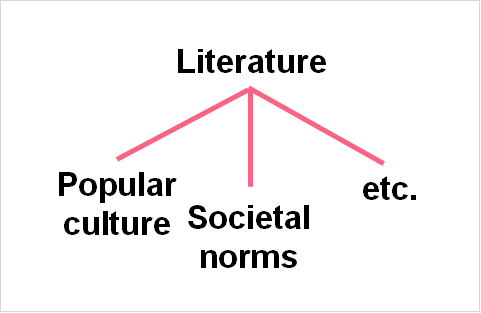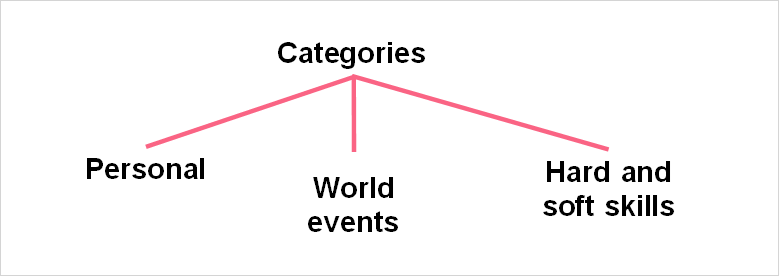
Imagery in Education For Leisure by Carol Ann Duffy?
I need to write a few paragraphs on the imagery in Education For Leisure and am finding it really difficult! Please help!!!!
Answers
Education for Leisure - Carol Ann Duffy
Today I am going to kill something. Anything.
I have had enough of being ignored and today
I am going to play God. It is an ordinary day,
a sort of grey with boredom stirring in the streets.
I squash a fly against the window with my thumb.
We did that at school. Shakespeare. It was in
another language and now the fly is in another language.
I breathe out talent on the glass to write my name.
I am a genius. I could be anything at all, with half
the chance. But today I am going to change the world.
Something’s world. The cat avoids me. The cat
knows I am a genius, and has hidden itself.
I pour the goldfish down the bog. I pull the chain.
I see that it is good. The budgie is panicking.
Once a fortnight, I walk the two miles into town
for signing on. They don’t appreciate my autograph.
There is nothing left to kill. I dial the radio
and tell the man he’s talking to a superstar.
He cuts me off. I get our bread-knife and go out.
The pavements glitter suddenly. I touch your arm
04 December 2011
Hi there! If you can tell me what you've got so far, I may be able to help you!
04 December 2011
That would be great, thank you...
"Today I am going to kill something. Anything."
the word "anything" is added to show it is not a personal thing and it re-inforces that she wants to destroy things, regardless what it is, and feels the need to make reckless decisions....
what could i add?!
thank you!
04 December 2011
Quite a lot actually! Would you like to do a private session at this point? If not, I will simply give you some pointers.
04 December 2011
A few pointers would be brilliant :)
04 December 2011
Okay! Look first at the fly squashed on the window - this is a reference to King Lear, where Gloucester squashes a fly as a metaphor for the suffering inflicted on man. The speaker in Education for Leisure is misunderstanding this as a licence to treat life casually, and to kill.
04 December 2011
Also, look at the phrase 'boredom stirring in the streets' and think what this is a metaphor for. How does it relate to the speaker's life.
04 December 2011
Look at 'I breathe out talent'. Do we really breathe out talent? What does this tell us about the speaker's view of himself. Relate this to his intention to play God.
04 December 2011
Back to the fly. Look at the comment that the dead fly is now 'in another language'. The speaker has already related this to studying Shakespeare. What does 'another language' represent in the context of the fly now being dead?
04 December 2011
that's great, thank you very much. I am also going to talk about "The budgie is panicking." Would i be correct in saying that this is a sign of arrogance and pride that the has the power and authority to scare something by their actions? Is this a good example of imagery?
All these points are great, you have helped me a lot. thank you.
04 December 2011
Think of it this way - imagery is that which creates pictures, sounds, smells and/or taste in the mind of the reader, and causes us to respond emotionally.
04 December 2011
*they
04 December 2011
thank you very much!
04 December 2011
You are welcome. All the best with your analysis!
04 December 2011
hi
24 April 2017

Add an answer
Similar questions
 As you might have guessed, English literature is considered as different from literature in the English language. The table below holds some other types of literature in the English language.
As you might have guessed, English literature is considered as different from literature in the English language. The table below holds some other types of literature in the English language. 
 Within these categories, you can find the following genres:
Within these categories, you can find the following genres:  You’ll find literature in the present day affects our lives mainly as a means of entertainment: from classic plays to binge-worthy series to stories shared at the dinner table. While this may seem like a modern-day tendency, the truth is literature has always been a means of entertainment.
You’ll find literature in the present day affects our lives mainly as a means of entertainment: from classic plays to binge-worthy series to stories shared at the dinner table. While this may seem like a modern-day tendency, the truth is literature has always been a means of entertainment.  Let’s explore each of these categories in-depth.
Let’s explore each of these categories in-depth. 